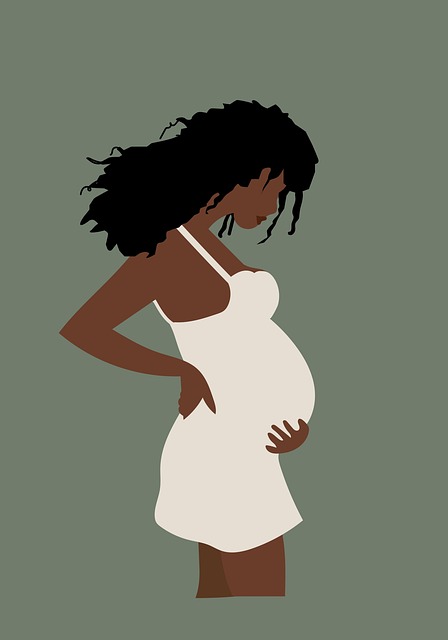When it comes to the journey of donor conception, every choice you make is personal, from selecting the right donor to figuring out how and when to share this information with your child. At TFP Fertility, you’ll have the chance to discuss this with a specialist counselor who can help you navigate how to approach the topic with your child and what to consider if they ever wish to reach out to their donor.
Why Share This Information?
Some parents might wonder if it’s necessary to tell their child about being donor conceived. Ultimately, the decision is yours, but studies indicate that many kids benefit from having open conversations about their biological origins early on. This openness helps them develop a better sense of self and understand their unique family story. Discussing how they were conceived can also encourage them to view their arrival into the world positively, reinforcing that every family is different. Importantly, it’s about giving your child the option to learn about their genetic background and decide if they want to meet their donor or donor siblings in the future.
Choosing the Right Words
There’s no definitive term for referring to your donor; what feels right for you might not resonate with your child. Allowing them to choose the language that suits them as they grow can foster trust and a positive relationship. Here are some terms you might consider:
- Egg/Sperm Donor: A straightforward description of their role.
- Genetic Contributor: A more clinical term that highlights the genetic link.
- First Name: If the donor is known, using their first name can feel more personal.
- Other Genetic Parent: While some may find this term uncomfortable, it accurately describes the donor’s role and is often embraced by donor-conceived individuals.
How to Start the Conversation
Instead of one big talk, consider this an ongoing dialogue that evolves as your child matures. By introducing the topic early, you create an environment where they feel comfortable asking questions later on. Start by explaining how children are born in simple terms, then introduce the concept of donor involvement.
- Use Books: There are many fabulous books that illustrate donor conception in engaging ways, tailored to different family dynamics. You can even create a personalized version to reflect your unique story. For more resources, check out our friends at LGBT Mummies.
- Create a Memory Box: This can be a special keepsake with photos, medical records, and any info about the donor. As they grow older, you can share this box with them, offering insights into their personal story.
- Document Your Journey: Many parents keep journals or social media accounts to share their experiences. Writing down your thoughts and feelings, including why you chose their donor, can help your child understand the journey that brought them into your life.
- Write Letters: Consider penning letters to your child that you can share with them as they grow, detailing your thoughts during their conception journey.
Stay Open and Honest
As your child grows, they’ll likely have questions about their heritage, such as “Do I have siblings?” or “Can I meet my donor?” While you may not have all the answers, being prepared for these discussions can help both you and your child navigate their growing curiosity.
In summary, talking about being donor conceived is a journey that requires thoughtfulness and openness. By fostering an ongoing conversation, using resources, and being honest about the process, you can help your child develop a healthy understanding of their origins.
For further insights on fertility and home insemination, check out this excellent resource on pregnancy and infertility. If you’re interested in at-home conception options, you can explore this authority on the topic.

